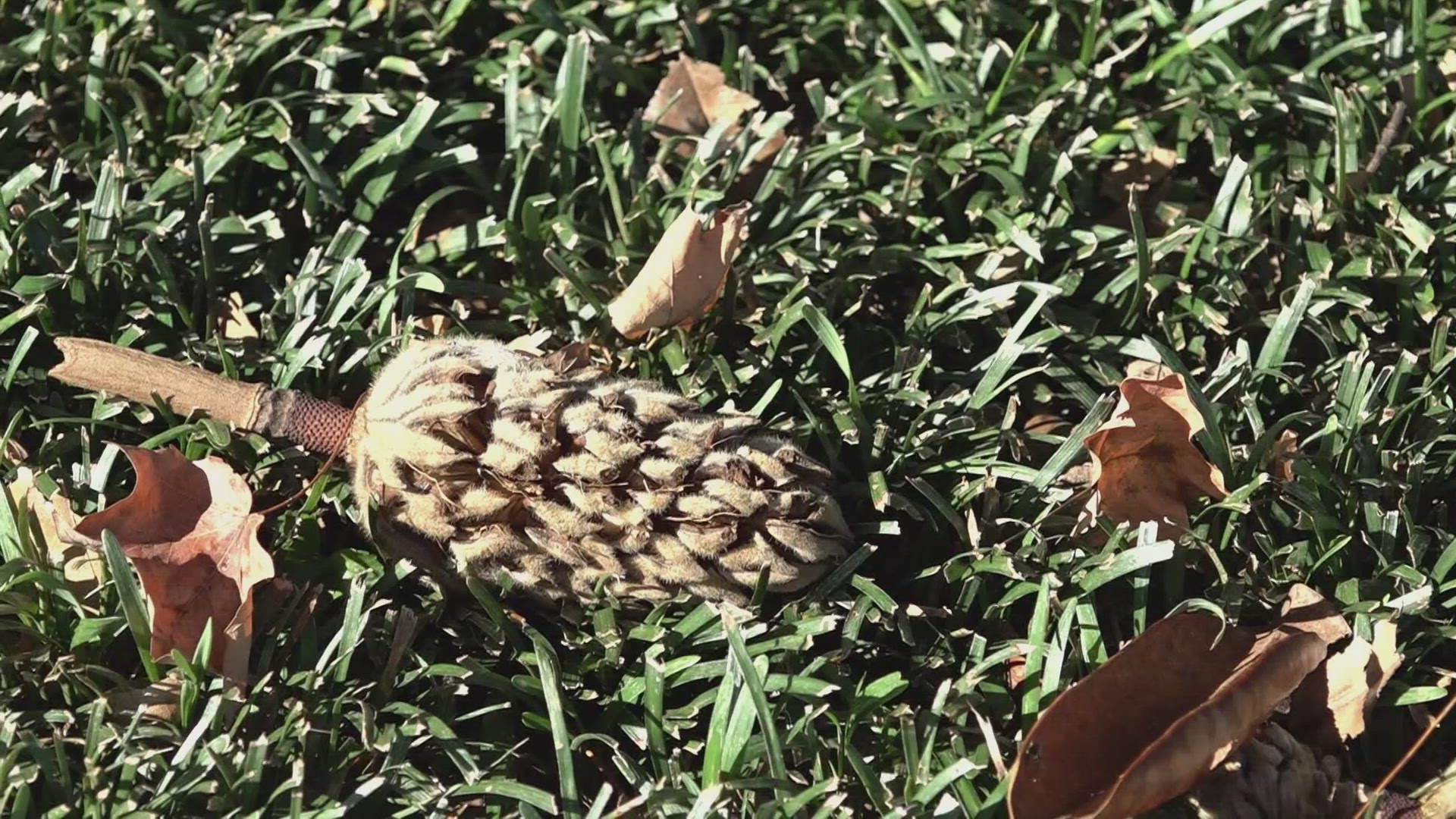KNOXVILLE, Tenn. — Fall officially started in September but some people are still feeling spring-like allergies.
"It's a little unusual, normally we've already had a hard frost and once we have a hard frost that kills all the pollens and our pollen season is done for the year," Dr. Karthik Krishnan said. "But this year we haven't had a hard frost yet so things are still pollinating so it's definitely a little unusual."
Dr. Krishnan is with the Allergy, Asthma and Sinus Center in Lenoir City. He said the patients he's seeing now, he normally wouldn't see this time of year because of the prolonged allergy season.
"Normally, once (we have) that first hard frost, their symptoms go away and it's not as problematic," he said. "But we're still having people who normally (don't) have problems in the fall, they're still having symptoms."
Dr. Krishnan also mentioned that the weather can impact how high pollen levels can be. So with a warmer fall, we can see higher pollen levels.
"One of the big things that we are noticing is with these warmer temperatures, the pollen seasons tend to be more intense now and they're longer," Dr. Krishnan said. "So, we're definitely seeing that this year."
It can be difficult to tell when you're experiencing a cold or when you're experiencing allergies, but the doctor has a few ways to spot the difference.
"The simple, easy thing is if you have a fever, body aches, muscle aches, I tend to think that's more infection. Whereas if it's a runny nose, sneezing, itchy nose, itchy eyes, I tend to think more allergy," he said.
The doctor mentioned if you are still experiencing symptoms you can take allergy medications like Claritin or Zyrtec. But if symptoms get bad enough you can see an allergist to get treatment that may be longer lasting.

